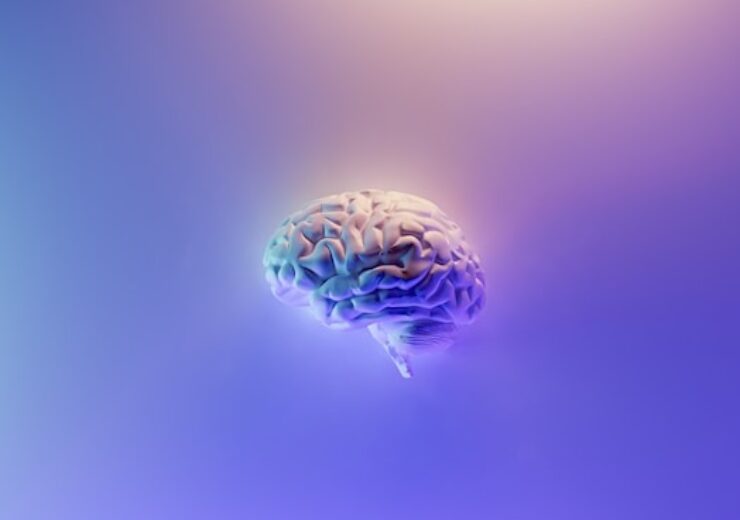ArtiFascia is a resorbable dural repair graft that combines two layers of electrospun nanofibers, which promotes dural tissue regeneration and rapid healing and addresses the CSF leakage from suture holes and bacterial penetration

FDA approves Nurami’s ArtiFascia Dura Substitute. (Credit: Milad Fakurian on Unsplash)
Israeli medical device startup Nurami Medical has received the US Food and Drug Administration (FDA) 510(k) approval for its electrospun nanofiber-based product, ArtiFascia Dura Substitute.
ArtiFascia is a resorbable Dural repair graft used in neurosurgeries that require replacing of Dura Mater, which protects the brain and cerebrospinal fluid (CSF).
By combining two layers of electrospun nanofibers, the resorbable dural repair graft serves as both, a biomimetic scaffold and a non-porous barrier layer.
Its unique structure is designed for dual functioning, where the scaffolds are engineered to promote dural tissue regeneration and rapid healing.
In addition, the barrier layer will address the CSF leakage from suture holes and bacterial penetration, said the Israeli medical device company.
Nurami co-CEO Hannoch Marksheid said: “This is an important milestone in Nurami’s efforts to modernize soft tissue repair. ArtiFascia is a novel alternative for Dura repair, addressing dangerous CSF leaks and infections at the surgical site, while promoting Dura regeneration.”
Hadassah Hebrew University Hospital Jerusalem neurosurgeon Andrew Kaye said: “There is a need for a thin, pliable Dural substitute that can be sutured in place, does not leak through the suture holes and that will integrate into the surrounding Dura.
“Nurami’s ArtiFascia Dura Substitute has exactly these features and showed impressive results in a clinical study. The presence of electrospun nanofibers in the implant has the potential to be a game changer in optimizing Dural regeneration after neurosurgery.”
ArtiFascia comes with the same thickness as the native dura mater of the brain and can be easily sutured, advancing surgeon workflow and reducing healthcare costs.
Nurami said that the electrospun nanofiber-based implant is strong, pliable, fully absorbable, synthetic, and can be easily handled and cut.
This FDA approval is based on Nurami’s randomised clinical trial (RCT) in 85 patients.
In the RCT, ArtiFascia showed superior performance against primary endpoints of CSF leakage prevention, along with other safety and surgeon preference measures, said Nurami.
Hofstra/Northwell Donald and Barbara Zucker School of Medicine department of neurosurgery professor and vice chair Michael Schulder said: “The necessity to cover the brain with a safe and reliable dural substitute remains a need even after 140 years of neurosurgery.
“ArtiFascia really looks like the solution we have been waiting for, going back to the days of Harvey Cushing and even earlier. Even for people having posterior fossa surgery, ArtiFascia has shown that it reliably seals Dural gaps and prevents the formation of pseudomeningoceles.”
